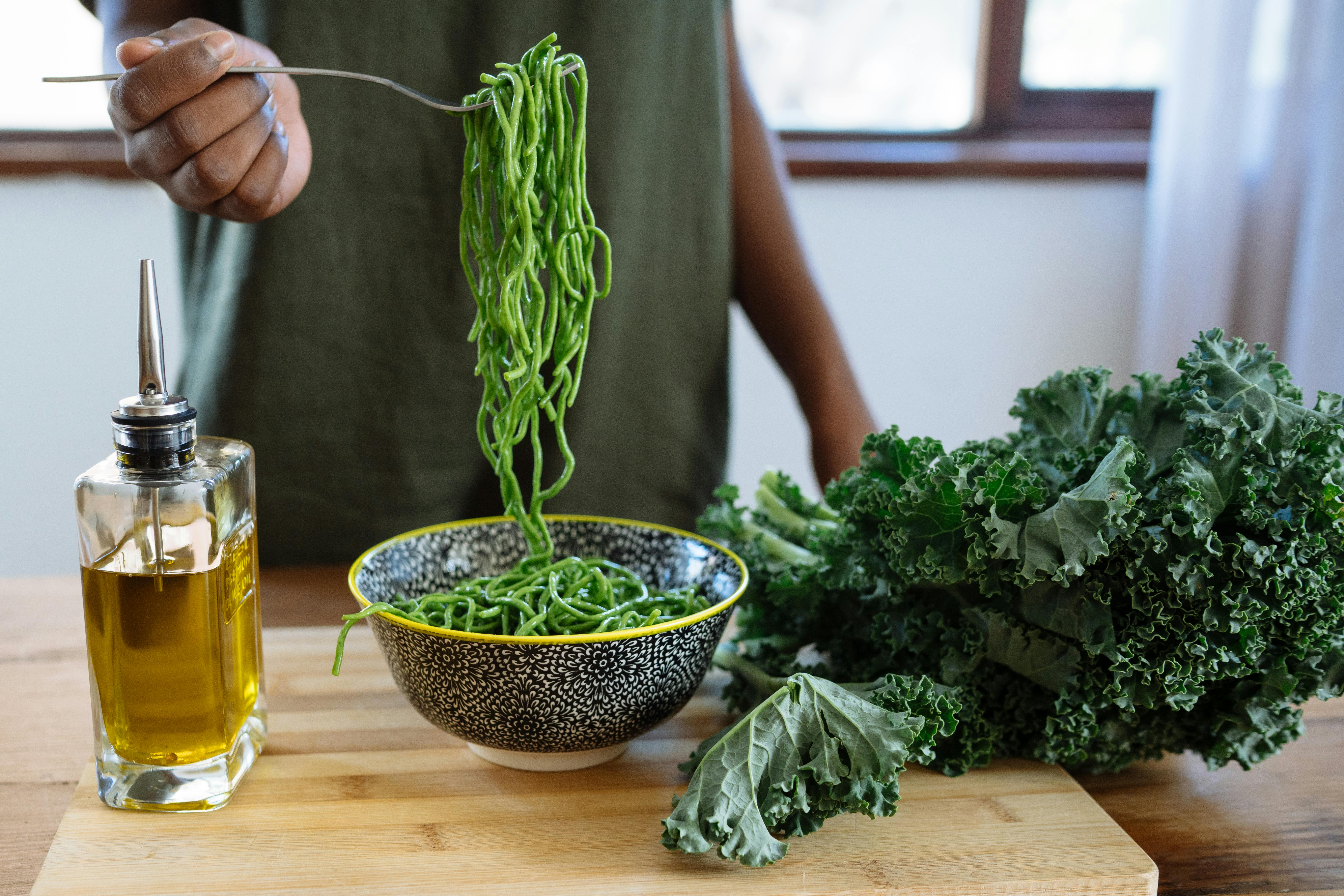Effective Ways to Optimize Your H. Pylori Diet for Better Digestive Health in 2025
Maintaining digestive health is crucial for overall well-being, and understanding the essentials of an H. pylori diet can make a significant difference. H. pylori, or Helicobacter pylori, is a common bacterium that can lead to various digestive disorders, including gastritis and stomach ulcers. Recognizing dietary strategies to manage this condition is essential for those seeking relief from H. pylori symptoms and aiming for recovery.
In this comprehensive guide, we’ll explore the best diet for managing H. pylori, the foods that promote healing, and the dietary habits that can support your gut health. Key takeaways include understanding food sensitivities related to H. pylori, the importance of probiotic foods, and beneficial cooking methods. With this information, you can effectively integrate H. pylori-friendly meals into your lifestyle.

Essential Guide to Foods for H. Pylori Management
Building a solid foundation for managing your H. pylori infection begins with understanding the types of foods that can support your body. A diet abundant in gut-friendly foods can help your digestive system recover while alleviating H. pylori symptoms. This section delves into specific foods recommended for an H. pylori healing diet.
Top Foods That Promote Healing
Specific food choices can aid in reducing inflammation and promote healing within the digestive system. Fresh fruits and vegetables rich in antioxidants are invaluable for their health benefits. Foods such as berries, leafy greens, and citrus fruits can help combat oxidative stress, ensuring a healthier gut environment.
Probiotics for Enhanced Digestive Health
Incorporating probiotic-rich foods like yogurt, kefir, and fermented vegetables can significantly improve gut health. Probiotics help restore the balance of gut flora, which may be negatively influenced by H. pylori infection. These beneficial bacteria can enhance digestion and potentially reduce the severity of H. pylori-related symptoms.
Understanding Anti-Inflammatory Foods
Adopting an anti-inflammatory diet can be particularly beneficial for anyone suffering from H. pylori. Foods like fatty fish (rich in omega-3 fatty acids), nuts, and seeds can help mitigate inflammation within the gastrointestinal tract. Additionally, herbs like turmeric and ginger offer potent anti-inflammatory properties that support digestive health.
Foods High in Dietary Fiber
Dietary fiber plays a crucial role in digestive health. It aids in regular bowel movement and feeds beneficial gut bacteria. Incorporating whole grains, legumes, and fiber-rich fruits into your diet enhances gut health while improving the overall digestion process. This is vital for those managing H. pylori as it contributes to a supportive digestive environment.
Common Mistakes in Eating for H. Pylori
While it's essential to know which foods to include, it is equally important to understand foods to avoid. Many individuals inadvertently consume products that exacerbate their symptoms. Processed foods, high-sugar items, and excessive caffeine can irritate the stomach lining and should be kept to a minimum.
Practical Approaches for H. Pylori Dietary Management
With a foundational understanding of beneficial foods, the next step involves practical approaches to meal planning and dietary management. This section provides actionable tips to navigate the complexities of H. pylori management.
Meal Planning for H. Pylori Recovery
Creating a meal plan tailored to your H. pylori needs can assist in making healthier choices easy and accessible. Start by including a variety of the healing foods discussed earlier, focusing on incorporating multiple food groups. Ensure that your meals contain a balance of proteins, healthy fats, and carbohydrates to optimize nutrient intake.
Cooking Methods for Healthier Eating
The way you prepare your food can significantly impact its health benefits. Opt for cooking methods that preserve nutrients, like steaming, grilling, or baking, while avoiding frying. These techniques help retain the food's nutritional value and reduce added unhealthy fats that could aggravate inflammation.
Maintaining Proper Hydration for Gut Health
Hydration is often overlooked but incredibly important for maintaining gut health. Drinking sufficient water aids digestion and helps flush out toxins. Herbal teas like green tea can provide additional benefits, especially with their natural antioxidant properties. Staying hydrated is a fundamental aspect in supporting your overall health while battling H. pylori.
Understanding Food Labels and Ingredients
Choosing the right foods involves being aware of food labels and ingredient sourcing. Being informed about what goes into your meals allows you to avoid additives and preservatives that may irritate the gut. Aim to select whole, minimally processed foods for the best health outcomes.
Nutritionist Tips for Personalized Dietary Changes
Consulting with a nutritionist can provide personalized dietary guidance tailored to your specific symptoms and lifestyle. They can help you navigate the dietary restrictions often associated with H. pylori and may recommend specific supplements or natural remedies that could enhance your recovery process.
Foods to Avoid for H. Pylori Management
Understanding which foods can disrupt your digestive health is just as crucial as knowing which foods to include in your diet. This section highlights key dietary restrictions for those with H. pylori.
Processed and Sugary Foods
Foods high in sugar and processing have been linked to imbalances in gut flora, which can exacerbate H. pylori symptoms. Such items often cause spikes in inflammation, making it essential to limit their consumption. Focus on whole foods to provide what your body needs without the negative side effects.
Fatty and Fried Foods
Heavily fried and fatty foods can irritate the stomach lining and should be avoided when managing H. pylori. Opt instead for sources of healthy fats, which provide nourishment without triggering adverse symptoms.
High-Acid Foods
For many individuals suffering from H. pylori, high-acid foods can lead to discomfort. Citrus juice, tomato products, and certain vinegar counts as high-acid foods. A low-acid diet might be beneficial to ease symptoms associated with H. pylori.
Caffeinated Beverages and Alcohol
Excessive caffeine and alcohol can harm stomach health, making symptoms worse. Reducing or eliminating these from your diet can promote better digestive comfort and a more stable gut environment.
Understanding Food Sensitivities
Certain foods can trigger sensitivities in individuals with H. pylori. For example, gluten can be problematic for some people. Keeping a food diary can aid in identifying harmful foods and patterns, allowing for a more personalized dietary approach.
Q&A Section: Common Questions About H. Pylori Diet
As you dive into optimizing your H. pylori diet, you may have questions. Below are some common inquiries paired with expert advice.
How Can I Naturally Eliminate H. Pylori?
Natural remedies for H. pylori include integrating more garlic and onions into your meals, as their compounds can have antibacterial properties. Probiotics are also vital for restoring gut balance, and discussing options with a healthcare provider ensures tailored strategies.
What Are the Best Foods for H. Pylori?
Foods high in antioxidants, fiber, and probiotics are top choices for an H. pylori diet. Incorporating foods such as kefir, bananas, and leafy greens can provide holistic support to your digestive system.
How Does Hydration Affect H. Pylori Symptoms?
Hydration is crucial for maintaining digestive function and helps to alleviate symptoms of H. pylori. It helps detoxify and supports mucosal integrity, contributing to an overall healthier gut.
What Lifestyle Changes Can Help Manage H. Pylori?
In addition to diet, lifestyle modifications such as stress management techniques (like mindfulness or yoga) can play a pivotal role in reducing H. pylori symptoms. Regular exercise and adequate sleep also contribute to improved gut health.
How Important Is It to Consult a Nutritionist?
Consulting a nutritionist provides valuable insight and tailored dietary advice, essential for effectively managing H. pylori. They can help customize your diet based on personal dietary habits, preferences, and nutritional needs.

Conclusion: Emphasizing the Importance of an H. Pylori Diet
Prioritizing dietary choices significantly impacts your H. pylori management and overall digestive health. Incorporating gut-friendly foods, understanding foods to avoid, and implementing practical meal planning strategies can foster recovery and improve your quality of life. Establishing balanced eating patterns while remaining mindful of ingredient sourcing can create a supportive environment conducive to healing.
Embrace the power of food as part of your holistic approach to managing H. pylori, and pave the way to better digestive health!
